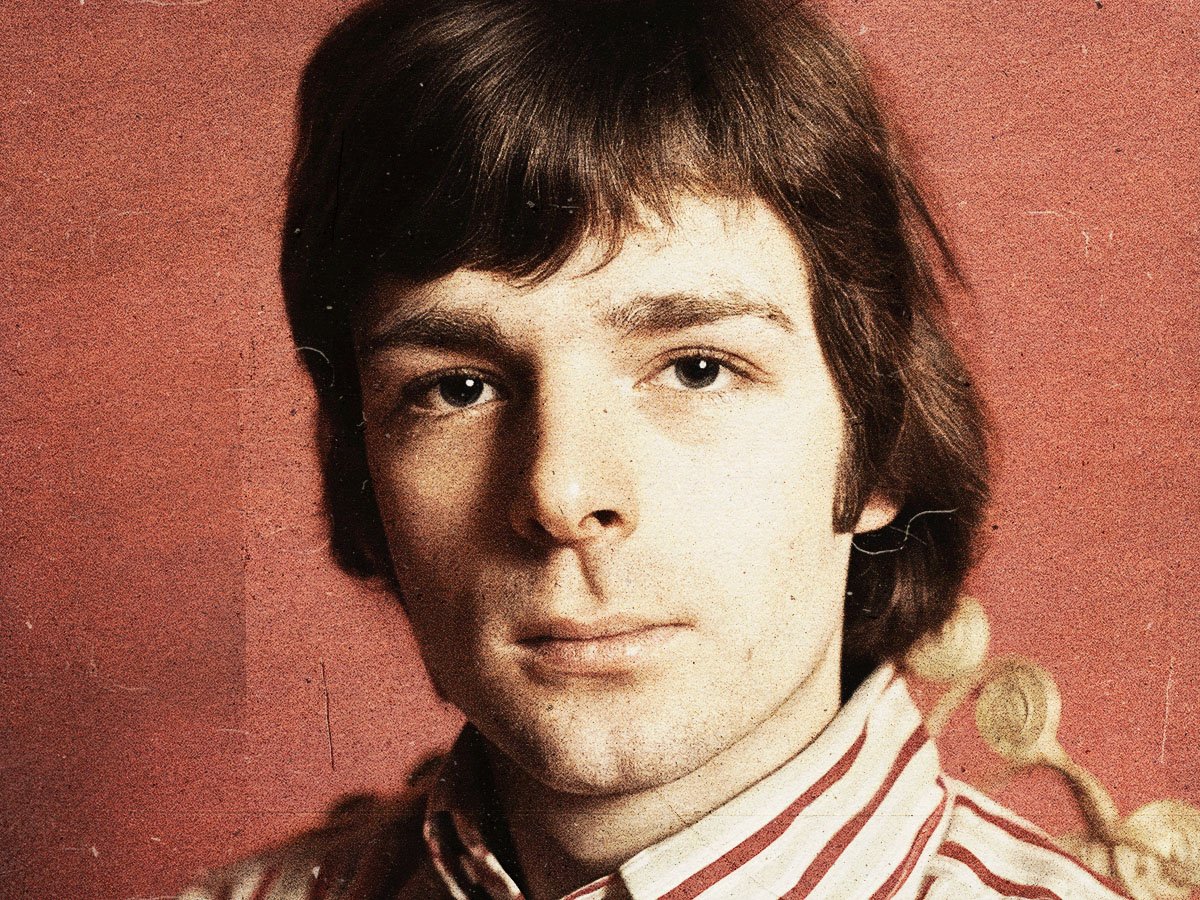Like many London rock bands of the 1960s, Pink Floyd began as a typical rhythm and blues act. Their initial line-up, featuring Syd Barrett, Nick Mason, Roger Waters, and Richard Wright, honed their craft through live sets dominated by covers. However, Barrett, the band's leader, was already crafting a unique vision, one that would soon revolutionise rock music with its abstract lyrics and vibrant compositions.
Their debut single, 'Arnold Layne', showcased Pink Floyd's emerging psychedelic sound, complete with ethereal harmonies, fuzzy guitar melodies, and Wright's shimmering keyboard work. As they began work on their first album, Pink Floyd garnered a reputation as a "space rock" group, thanks to songs like 'Interstellar Overdrive' and 'Astronomy Domine', which resonated with the concurrent space race, culminating in the Apollo 11 moon landing in 1969.
To solidify their image as intrepid explorers of the sonic unknown, Pink Floyd incorporated rudimentary light shows into their performances, utilising rotating colour slides and domestic light bulbs. A 1967 gig review in the *Sunday Times
described the band's performance: "At the launching of the new magazine IT the other night, a pop group called the Pink Floyd played throbbing music while a series of bizarre coloured shapes flashed on a huge screen behind them ⦠apparently very psychedelic."
After the success of *The Piper at the Gates of Dawn*, Pink Floyd entered a period of sonic metamorphosis. By 1968, the psychedelic wave was waning, entering a state of dormancy before re-emerging as progressive rock in the early 1970s. Pink Floyd mirrored this trajectory following Barrett's departure and the arrival of David Gilmour on guitar.
Despite uneven releases like *Ummagumma
and *Atom Heart Mother*, Pink Floyd faltered somewhat in the early 1970s, struggling to find sonic cohesion. However, following a promising shift in direction with *Meddle*, they reached their zenith with *The Dark Side of the Moon* in 1973. This marked the beginning of their prog-rock dominance for the rest of the decade.
Few would argue that *The Dark Side of the Moon
was one of the most influential releases of the 1970s. Waters conceived a compelling concept for the album, flawlessly orchestrated by the band with unprecedented sound effects and production techniques. Pink Floyd continued to impress, even amidst the rise of punk, offering complex counterpoints in *Wish You Were Here* and *Animals*. By the time they began work on *The Wall*, Waters' final conceptual masterpiece for the band, their position at the forefront of musical innovation was nearing its end.
Progressive rock, as defined by bands like Led Zeppelin, Pink Floyd, Yes, Genesis, and Rush, lost momentum towards the end of the 1970s. Punk's comparative simplicity quelled the flames and reset the musical landscape, paving the way for a new era of creative energy. By the early 1980s, synth-pop dominated the charts, but the most exciting developments occurred in the realms of new wave and post-punk.
In a 1996 interview with Howard Johnson, Richard Wright discussed some of his favourite records from his extensive collection. After mentioning classic works by Aaron Copland and Miles Davis, alongside contemporary favourites by The Band and Steely Dan, the keyboardist revealed his musical tastes in the early 1980s, as Pink Floyd passed the torch to a new generation of artful rockers.
Out of his ten selections, two featured the acclaimed avant-pop collaborators David Byrne and Brian Eno. Choosing the 1980 masterpiece *Remain in Light*, one of three albums Eno produced with Talking Heads, Wright commended the innovative, Afrobeat-inspired "cross-rhythms". "You could always tell with this band that they weren't writing to be commercial â they were just doing the music that they really felt," he added. "There was something incredibly spontaneous about them. I've never seen Talking Heads live, although I wish I had."
Wright's appreciation for Talking Heads extended throughout the 1980s, leading him to acquire a copy of Byrne and Eno's 1981 side project album, *My Life in the Bush of Ghosts*. This album built upon the progressive, funky rhythms of Talking Heads' later work, adopting a more experimental approach and incorporating spoken word samples in place of Byrne's vocals. "This knocked me sideways when I first heard it â full of drum loops, samples and soundscapes, stuff that we really take for granted now, but which was unheard of in all but the most progressive musical circles at the time," Wright said of the album.
The keyboardist particularly praised Eno's fresh compositional ideas. "I've often eulogised Eno's musical abilities, but alongside his talent, he's also a very nice guy. Sickening, isn't it?" he added enviously before highlighting a standout track on the album: "There's a song called 'The Jezebel Spirit' where there's a snippet of a preacher, and the way the sounds were mixed in was so fresh, it was amazing."

